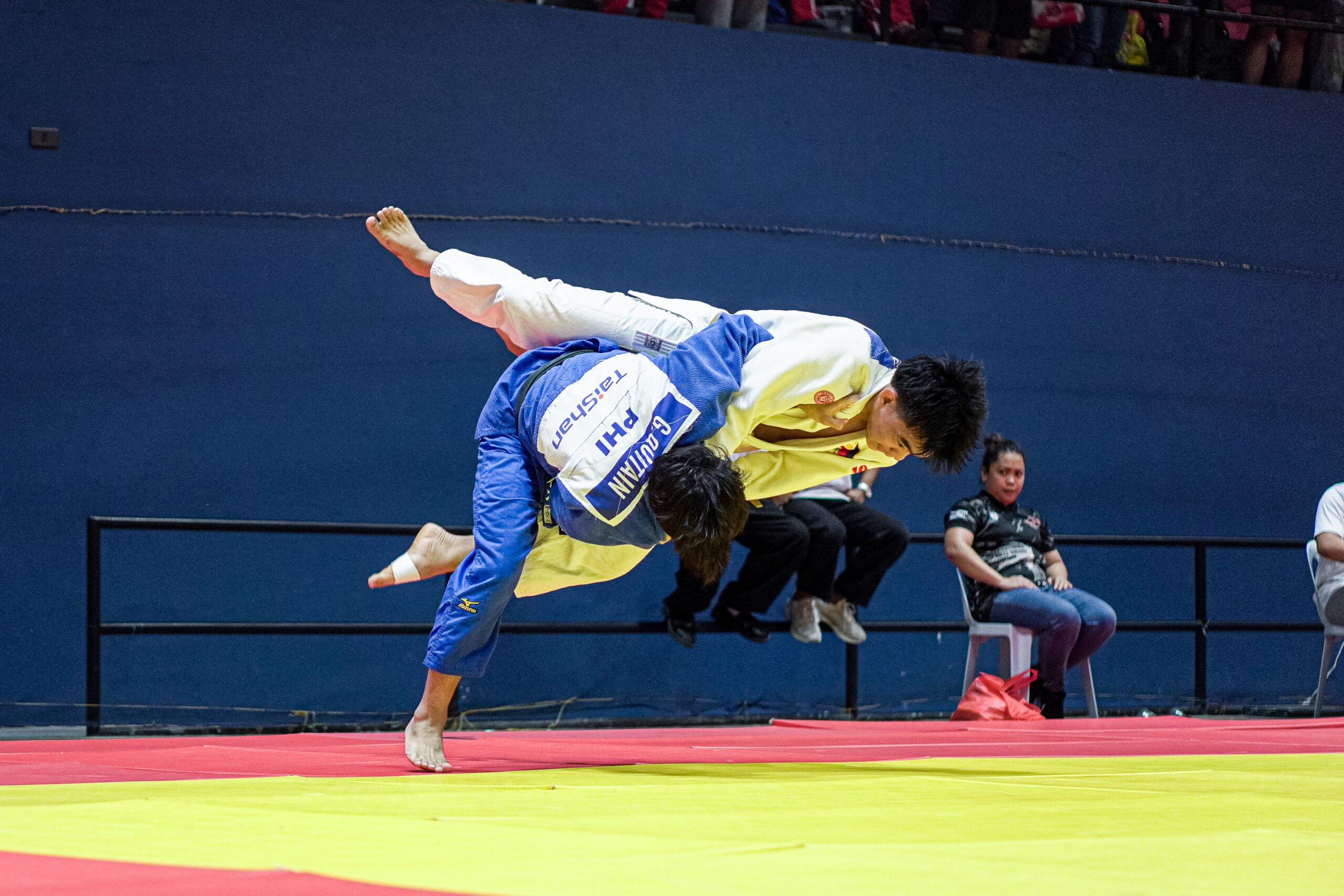
Most of the time, self-confidence doesn’t come easily to kids. The imposed social restrictions during the height of the pandemic didn’t help. For instance, it was a lot easier to have my kids practice speaking to strangers like cashiers or waitstaff prelockdown. They’ve since had to undo those barriers and relearn to live in yet another iteration of what’s acceptable.
When classes were still done online, our kids’ school mounted events like talent shows for a sense of normalcy. Since piano lessons remained a constant in their daily lives, I encouraged my kids to participate as practicing for a goal, like a performance, got them to focus on something productive.
They love music, but my kids don’t exactly love playing the piano every day. They only have a weekly video lesson, yet I expect a daily practice of the songs they know so they retain a steady repertoire.
Inborn skills and preferences
It takes only a few minutes, but they’ve reaped the rewards of sticking to that consistency: from showing off a few songs they know to friends and family to having better stock knowledge for regular music class in school. I don’t expect them to be concert pianists, just armed with enough skill to eventually play whatever they want, and have a daily reminder of what progress entails. From not knowing a song at all to being able to play it beautifully affirms what putting in the work can do.
Educational psychologist Michele Borba said that developing self-assurance starts by finding out who your child is, not who you want them to be. In a webinar for the Bright and Quirky community, the author of “Thrivers: The Surprising Reasons Why Some Kids Struggle and Others Shine” said that concentrating on your child’s inborn skills and preferences will encourage them to pursue a hobby necessary to create inner strength, identity and resilience later on.
As Borba was working on her book, searching for the most highly correlated traits that are teachable strengths, confidence kept coming up repeatedly. So why does it matter if children don’t feel confident? Borba revealed that 77 percent of the time, we concentrate on trying to “fix” our kids as opposed to what their strengths are. Instead, she recommended parents to be talent scouts and figure out their child’s natural gifts.
Eagerness to continue
She told a story about one of her clients, a lawyer from Dubai, whose middle schooler with learning disabilities was obsessed with wolves. The lawyer wanted his child to eventually follow his profession, but one time, he had his son meet with a park ranger. Listening to his son speak so passionately, even politely correcting the park ranger as he knew more facts about wolves, altered the father’s whole parenting approach. He realized he had to stop pushing his law preference and instead encouraged his son to go where he wants and perhaps pursue biology.
“So observe your child. Where are they eager? Where is there a need? The soccer camp or the music lesson stopped, and you saw a bit of ‘Now what am I gonna do?’ Or you saw that when you wanted him to come for his favorite meal, and he said, ‘Oh, can I just have a little bit more time?’ Not because it’s part of a grade but as part of an eagerness to continue,” said Borba. I see that in my kids when they’re in the middle of picking out a tune on the keyboard, drawing or reading.
Developmental psychologist Emmy E. Werner studied kids who managed to do well in life despite living in adversity. Having a supportive caretaker or being part of a community were crucial factors in overcoming the odds, and so was confidence. That confidence Borba linked to most of these children having a hobby or interest like knitting, woodworking or guitar. Such activities enabled the kids to shine and decompress and allowed them to bring that hobby with them through adulthood.
Apart from screens, the piano is one of the things my kids gravitate toward, picking out songs from Spotify or just a safe space to mess around. Plus, I can tell how they feel by what they play, another talking point for the day. Aside from the discipline and persistence inherent in having a sport or a hobby, the best takeaway is having an outlet to express oneself. For me, that’s a life skill.
So, amid the structured activities that fill your children’s day, do they have pastimes that develop their self-assurance and who they are and help them unwind when the pressures of life come? —Contributed INQ










































